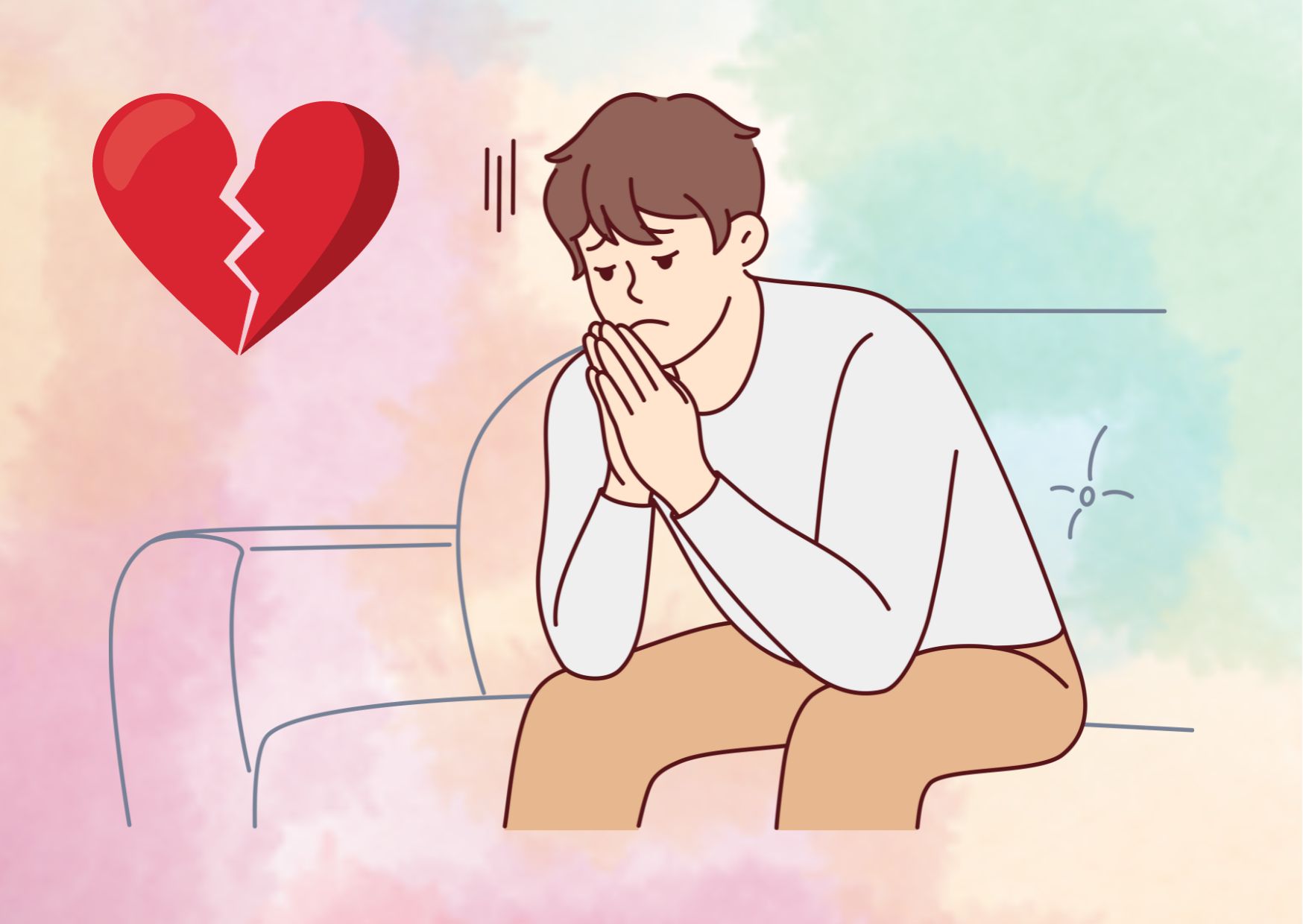The Stages of Grief After a Breakup: Navigating the Emotional Rollercoaster
At Inquire Talk, we understand the significance of mental health and well-being in relationships. As an online counselling and therapy platform, we are passionate about providing support and assistance to individuals navigating the complexities of their emotional lives. In this article, we will delve into the stages of grief after a breakup, offering guidance on how to navigate the emotional rollercoaster. Whether you initiated the breakup or are on the receiving end, the mourning period can be challenging. However, by understanding and embracing the stages of grief, you can find healing and growth.
The Stages of Grief After a Breakup
Stage 1: Denial and Disbelief
The first stage of grief after a breakup is often characterized by denial and disbelief. It’s common to find yourself saying, “I can’t believe this has happened to me” or “This must be a bad dream.” Even if there were signs of trouble in the relationship, you may convince yourself that things can still be fixed or that your partner will change their mind. While it is important to be self-compassionate during this stage, it’s crucial to acknowledge the reality of the breakup and understand that it may be for the best, even if it’s difficult to see it at the moment.
Stage 2: Anger and Frustration
As the denial fades, anger and frustration may emerge. It’s natural to feel a sense of betrayal and to direct your anger towards your ex-partner or even society and family. This stage can involve intense emotions and behaviors, such as throwing away personal belongings associated with your ex. While it’s important to allow yourself to feel these emotions, it’s equally essential to channel your anger wisely. Talking to a trusted friend or family member or engaging in physical activities like boxing can help release pent-up anger in a healthy way.
Stage 3: Bargaining and Wishful Thinking
During the stage of bargaining, you may find yourself engaging in wishful thinking or attempting to reconnect with your ex-partner. You may reach out and express a desire to give the relationship another try, promising to do better or suggesting therapy. Bargaining is a way to avoid the pain of the breakup and regain a sense of security. However, it’s important to remember that a breakup happened for a reason, and trying to negotiate your way back into the relationship may not lead to long-term happiness. Seek support from a trusted friend or family member who can remind you of your worth and help you prioritize your well-being.
Stage 4: Depression and Sadness
